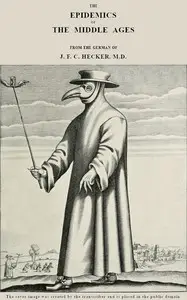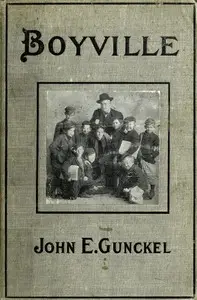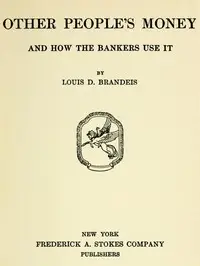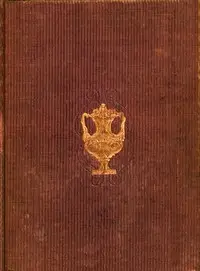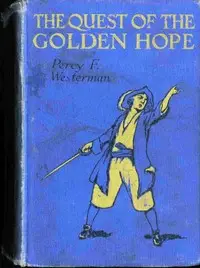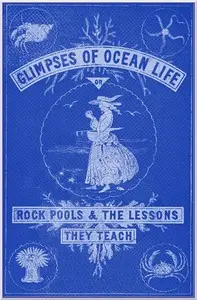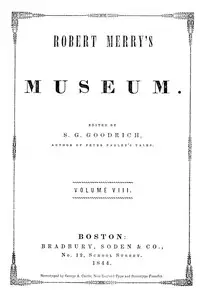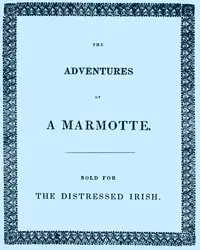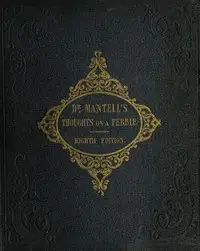"The Parent's Assistant; Or, Stories for Children" by Maria Edgeworth is a collection of children's stories written in the early 19th century. This anthology focuses on moral lessons and the experiences of young protagonists, often reflecting themes of industriousness, honesty, and familial love. The stories are set in rural Ireland and feature a variety of characters, particularly children who navigate challenges and learn important life principles. At the start of the collection, Edgeworth introduces the story of "The Orphans," which follows Mary and her siblings after the death of their mother. Left alone in a small cabin, Mary takes on the responsibility of caring for her younger siblings while trying to secure their future and financial stability. The narrative quickly highlights their struggles to maintain their home and self-respect, underscored by the kindness of neighbors and the eventual discovery of a hidden treasure that tests their virtue and honesty. The opening establishes a foundation of familial bonds and moral dilemmas, making it clear that the tales that follow will explore themes of character and the virtues of hard work and integrity. (This is an automatically generated summary.)
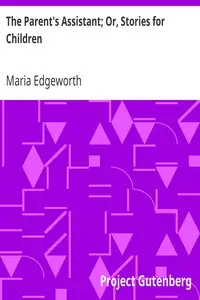
The Parent's Assistant; Or, Stories for Children
By Maria Edgeworth
"The Parent's Assistant; Or, Stories for Children" by Maria Edgeworth is a collection of children's stories written in the early 19th century. This an...
Maria Edgeworth was a prolific Anglo-Irish novelist of adults' and children's literature. She was one of the first realist writers in children's literature and a significant figure in the evolution of the novel in Europe. She held critical views on estate management, politics, and education, and corresponded with some of the leading literary and economic writers, including Sir Walter Scott and David Ricardo. During the first decade of the 19th century she was one of the most widely read novelists in Britain and Ireland. Her name today is most commonly associated with Castle Rackrent, her first novel, in which she adopted an Irish Catholic voice to narrate the dissipation and decline of a family from her own landed Anglo-Irish class.







